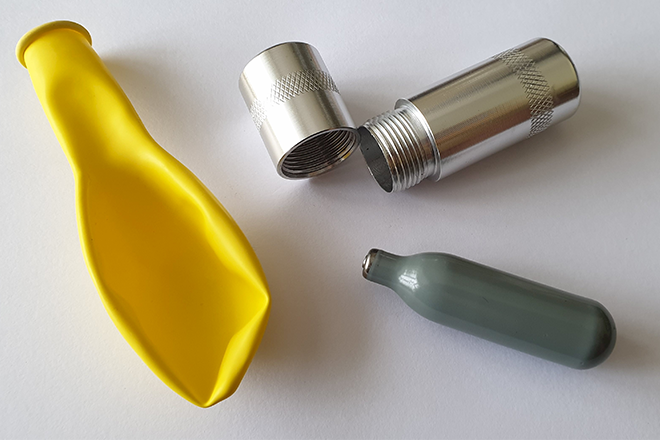Doctors warn of nitrous oxide abuse-related spinal damage
New medical guidelines have been created to treat condition caused by the drug, AKA laughing gas, which has grown in popularity in recent years

New medical guidelines to diagnose and treat damage to the spine have been created by doctors to treat damage to the spine caused by nitrous oxide abuse.
It comes following a rise in cases as the popularity of the drug, which is also commonly known colloquially as ‘nos’ and ‘laughing gas’, has surged in the past few years.
The guidelines were created following a report by healthcare professionals at Barts Heath NHS Trust in London, which have been adopted by the Association of British Neurologists.
Read this next: Australia becomes first country to approve MDMA and psilocybin for medical use
They give doctors, nurses, and other healthcare professionals a clear means to diagnose and treat subacute combined degeneration of the spinal cord – a condition caused by recreational excessive use of the drug, which can cause serious and life-lasting disability among young people.
No guidelines had previously existed, with the condition often being misdiagnosed and mistreated.
Nitrous oxide is one of the UK’s most commonly used recreational drugs – especially among young people. The Office of National Statistics (ONS) found that in the 12 months prior to March 2020 that 8.7% of adults aged 16 to 24 years old had reported using nitrous oxide that past year, with 2.4% of adults aged 16 to 59 declaring its use.
Alastair Noyce, Professor in Neurology and Neuroepidemiology at Queen Mary, University of London and senior author of the report said: “We developed these practical guidelines to try to standardise care for patients who have come from recreational nitrous oxide use.
Read this next: New NYC wellness space is offering "customised ketamine journeys"
“If implemented correctly, they will ensure that patients get the treatment they need,” he continued.
“We hope they will also alleviate pressure on hospitals by improving efficiency in the emergency department and reducing unnecessary admissions.”
Professor Tom Warner, President of the Association of British Neurologists said: “Recreational use of nitrous oxide carries a significant risk of damage to the nervous system, particularly the spinal cord, which is treatable if picked up.
“These important clinical practice guidelines lay out how to recognise, diagnose and, most importantly, treat those people attending emergency departments with such symptoms, and prevent long-term neurological disability,” he added.
Isaac Muk is Mixmag's Digital Intern, follow him on Twitter


